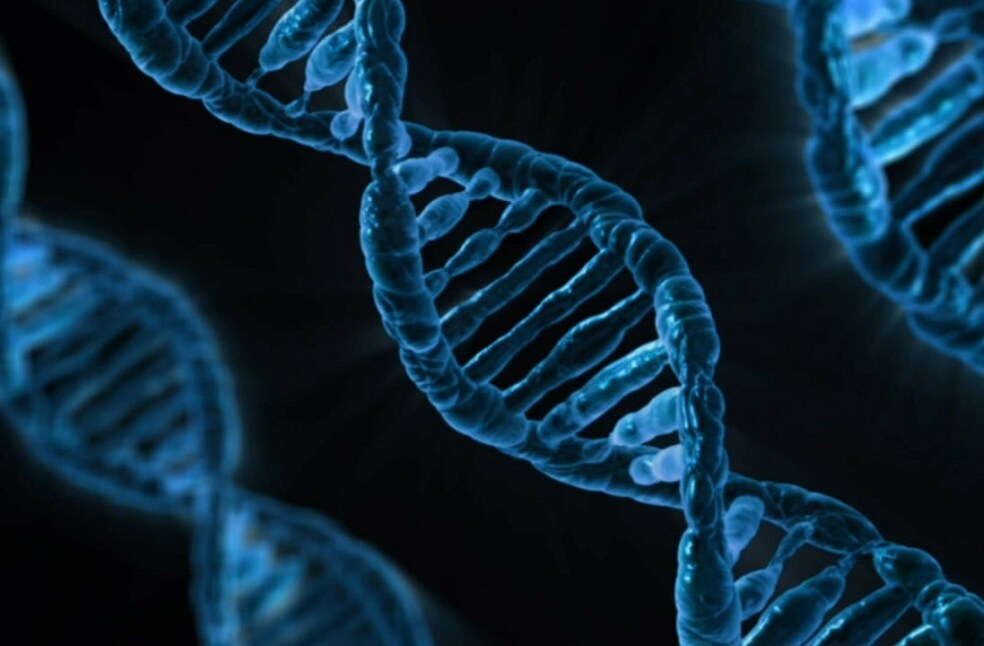United States: Researchers have discovered that genetic variants linked to human bisexual behaviour are associated with taking risks and producing more children when carried by heterosexual men.
The University of Michigan researchers analysed data from more than 450,000 participants of European ancestry in the United Kingdom’s Biobank database of genetic and health information.
According to the analysis, male heterosexuals who possess the so-called BSB-associated alleles, genetic variants linked to bisexual behaviour, father more children than typical. Moreover, men who identify as risk-takers are more likely to carry alleles linked to BSB and to have a higher childbearing frequency.

Due to the genetic variations that male bisexuality and risk-taking behaviours share, these and other observations imply that male BSB-associated alleles confer reproductive benefits.
“Our results suggest that male BSB-associated alleles are likely reproductively advantageous, which may explain their past persistence and predict their future maintenance,” University of Michigan evolutionary biologist Mr. Jianzhi Zhang, the study’s senior author, remarked.
“These results also suggest that risk-taking behaviour is the underlying cause of BSB-associated alleles’ promotion of reproduction in heterosexuals. That is, the reproductive advantage of BSB-associated alleles is a byproduct of the reproductive advantage of risk-taking behaviour,” said Mr. Zhang.

The researchers looked at both bisexual behaviour and exclusive same-sex behaviour, or eSSB, in their investigation of the genetic foundations of same-sex sexual behaviour.
The genetic foundations of eSSB and bisexual behaviour were found to be considerably dissimilar when compared. It is anticipated that the frequency of eSSB-associated genetic variants will gradually decrease over time as a result of their correlation with fewer children.
The authors emphasise that their research examines the genetic foundations of same-sex sexual behaviour rather than the behaviours themselves, which are influenced by a combination of hereditary and environmental factors.

According to the researchers, there has been an increase in the percentage of UK Biobank participants reporting same-sex sexual behaviour in recent decades, most likely as a result of increased societal acceptance of it.
Furthermore, the new findings “predominately contribute to the diversity, richness, and better understanding of human sexuality,” according to the authors. They stated that their intentions are not to insinuate or support discrimination based on sexual behaviour.



